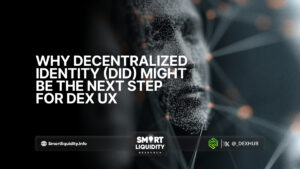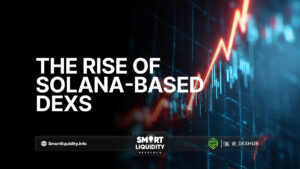The Role of Smart Contracts in Decentralized Systems


Smart contracts have become a cornerstone of decentralized systems, revolutionizing how transactions and agreements are executed. In essence, a smart contract is a self-executing contract where the terms are written directly into code.
These contracts automatically execute, control, and document the actions of parties involved, without the need for intermediaries. As a result, smart contracts play a crucial role in enhancing transparency, security, and efficiency in decentralized ecosystems.
One of the key advantages of smart contracts is their automation. Since they operate on blockchain technology, once a condition is met, the contract is executed automatically. This eliminates the need for manual intervention, which reduces human error and speeds up the process. Moreover, the decentralized nature of these contracts ensures that no single entity can control or manipulate the contract terms, fostering trust among participants.
In addition, smart contracts are highly secure due to the cryptographic features of blockchain networks. Each contract is stored across multiple nodes, making it almost impossible to alter or tamper with the agreement. This guarantees that once a smart contract is deployed, it remains immutable, offering a level of security unmatched by traditional systems.
Furthermore, smart contracts enhance cost efficiency. By removing intermediaries like banks or lawyers, users can avoid high fees associated with traditional contract execution. As decentralized applications (dApps) continue to gain traction, the use of smart contracts expands into various industries, from finance to healthcare, streamlining processes and reducing administrative overhead.
In conclusion, smart contracts are vital to the success of decentralized systems. They offer automation, security, and cost efficiency, thus transforming how agreements are made and executed. As these technologies evolve, the role of smart contracts will likely continue to grow, reshaping numerous industries for the better.
DISCLAIMER:
“The information provided on this platform is for general informational purposes only. All information on the platform is provided in good faith; however, we make no representation or warranty of any kind, express or implied, regarding the accuracy, adequacy, validity, reliability, availability, or completeness of any information on the platform.”




